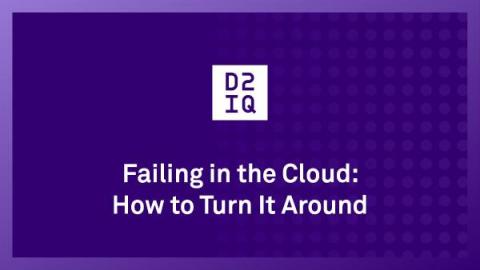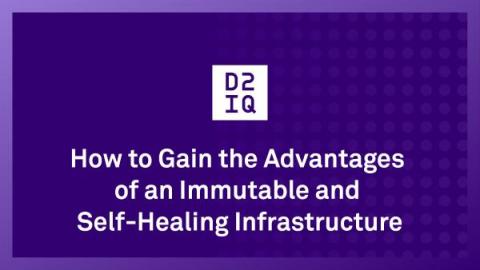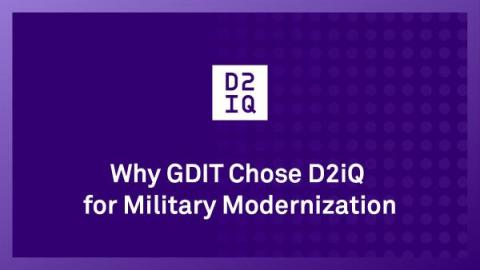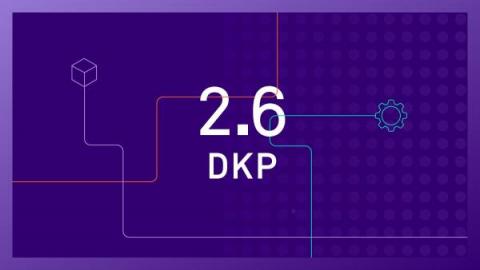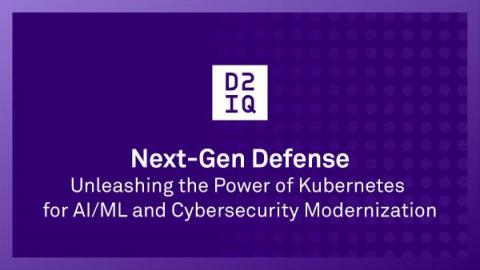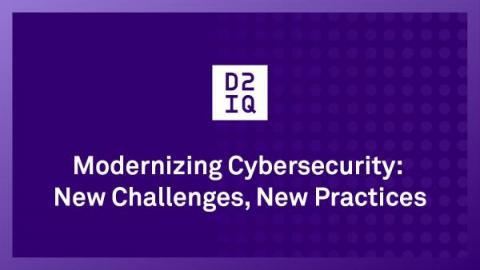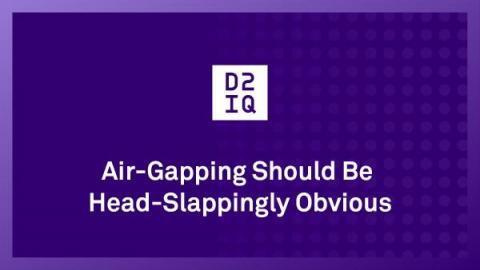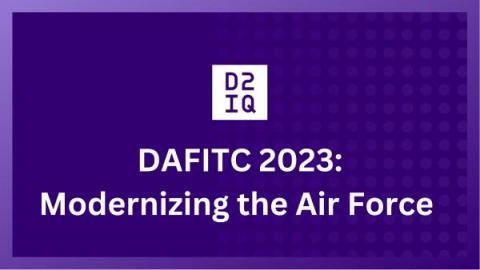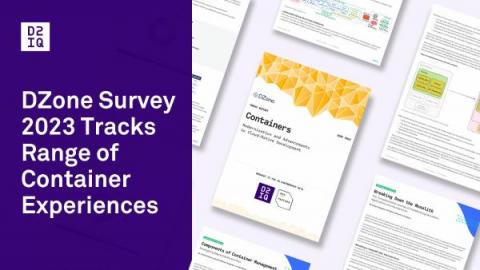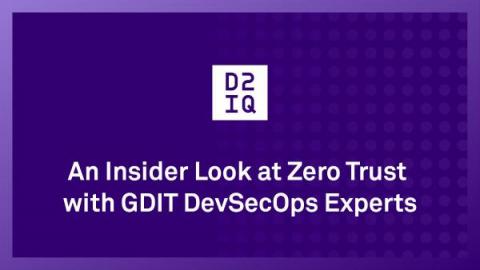Failing in the Cloud-How to Turn It Around
Success in the cloud continues to be elusive for many organizations. A recent Forbes article describes how financial services firms are struggling to succeed in the cloud, citing Accenture Research that found that only 40% of banks and less than half of insurers fully achieved their expected outcomes from migrating to cloud. Similarly, a 2022 KPMG Technology Survey found that 67% of organizations said they had failed to receive a return on investment in the cloud.


